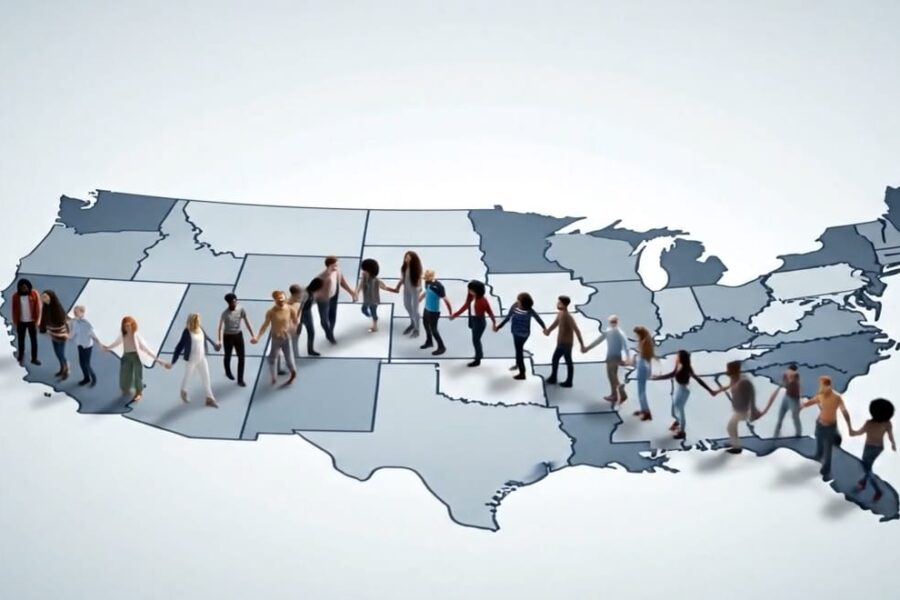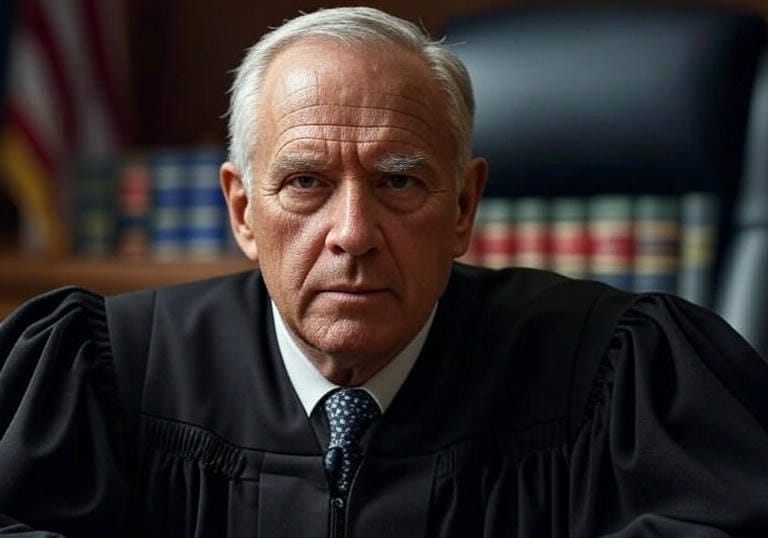Abortion kills more than 2,200 children in the US every day. This legal lethal act violates human rights, traumatizes families, and brings violence to our communities. In our efforts to abolish abortion and build a world where each and every human being is respected and protected from conception until natural death, we must address how a pro-life system of justice should respond once abortion becomes illegal.
Human dignity should be the center of all moral action and public policy, whether we come to this understanding of our intrinsic, inherent worth through religious belief or secular philosophy. In upholding the inherent moral worth of the preborn child, we must be certain not to violate the shared intrinsic dignity of those who have participated in abortions. In our current retributive model of justice we see countless examples of inhumane and dehumanizing conditions that should be considered as unacceptable outright in a pro-life culture. The difference between the current Retributive Justice system and our proposed restorative justice model is not one of degree of punishment, but rather is a qualitative distinction: the foundational principle of human dignity at the core of restorative justice necessitates a whole paradigm shift away from the question of punishment, and towards the task of creating authentic, human-centered restoration.
Many people who have participated in abortions have suffered severe adverse mental health outcomes. Suffering the traumatic stress of having participated in the violent act of abortion means having to cope with the grief of the loss of one’s child and the guilt over one’s personal responsibility in the matter. The impact of the abortion on those who have procured one is evident in the harmful after-effects and coping mechanisms: workaholism, depression, drug abuse, suicidality, eating disorders, and reproductive re-traumatization. Additionally, those who have participated in violence can often seek to justify it ex post facto by convincing others that it is good and right to have done or to do that violence; the consequence of which is that those who have had abortions may try to convince others that it is a morally acceptable decision. It is therefore imperative that everyone who has participated in an abortion is equipped with ample life-affirming trauma-informed resources so that we may stop the cycle of violence in its tracks. Because our current justice system—based on a retributive model—fails to address the systemic issues and individual traumas that contribute to the impetus of a crime, people convicted of past crimes recommit and re-enter the criminal justice system time and time again. If we want to end abortion, we must heal the cycle of trauma and address the underlying reasons why people see this act of violence as a solution. restorative justice is the answer.
If the pro-life movement embraces and champions this restorative justice model after abortion, it will not only be a living testament to our foundational principles of our shared human dignity, but will also demonstrate a central, necessary compassion in the effort to abolish abortion. A restorative justice system is pro-life and pro-woman. It is a model which demonstrates that we don’t have to choose between mother and child: we can “love them both.”
This white paper, created by Aimee Murphy of Rehumanize International and Americans United for Life, aims to inform advocates, lawmakers, influencers, judicial leaders, and our society about the need for a system of restorative justice to be enacted in union with efforts to end abortion.




